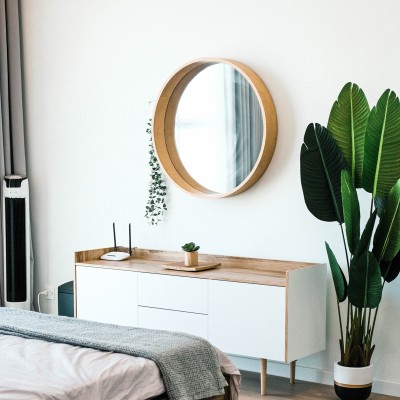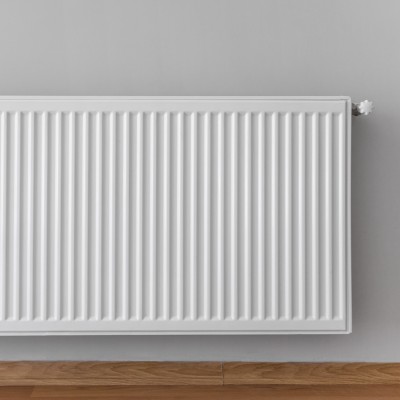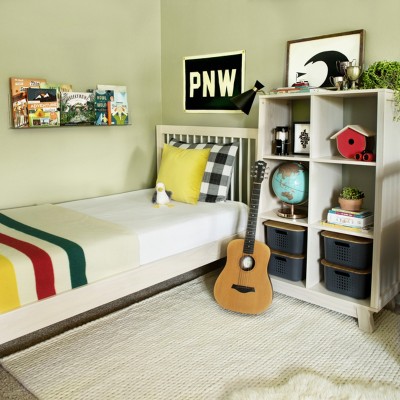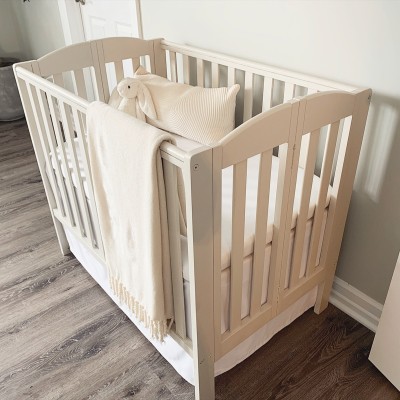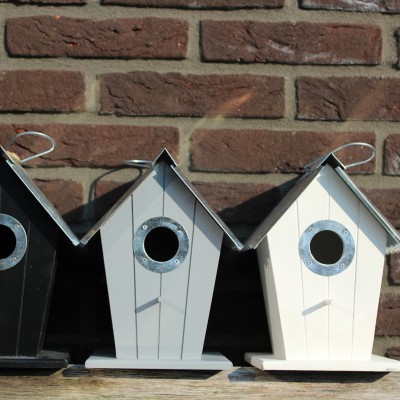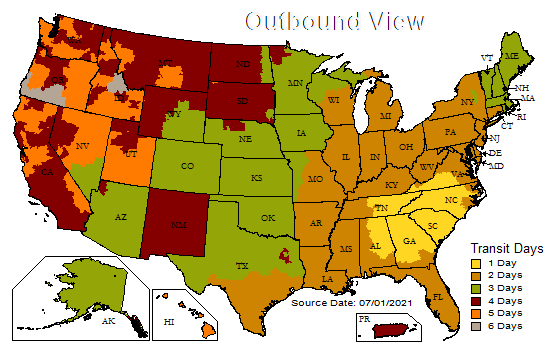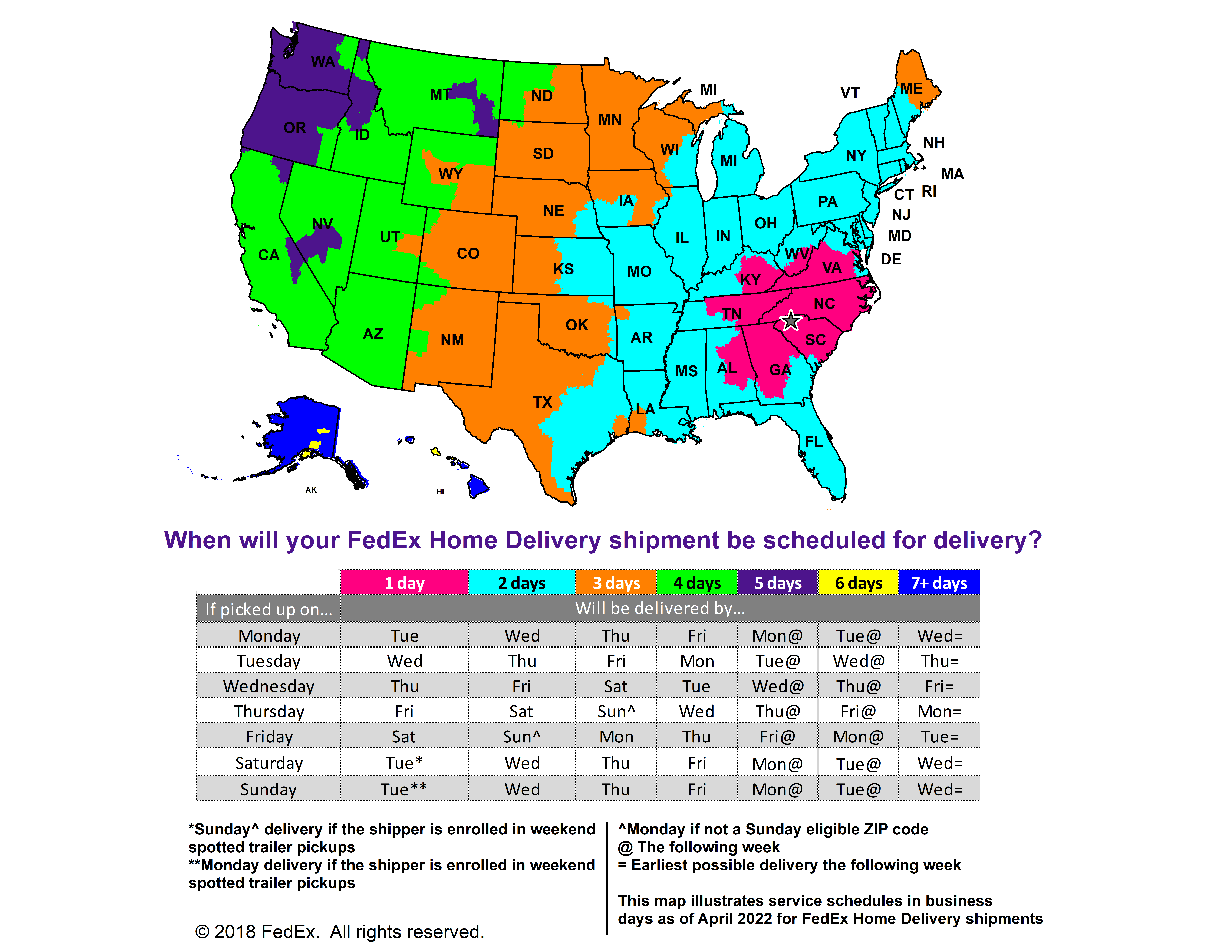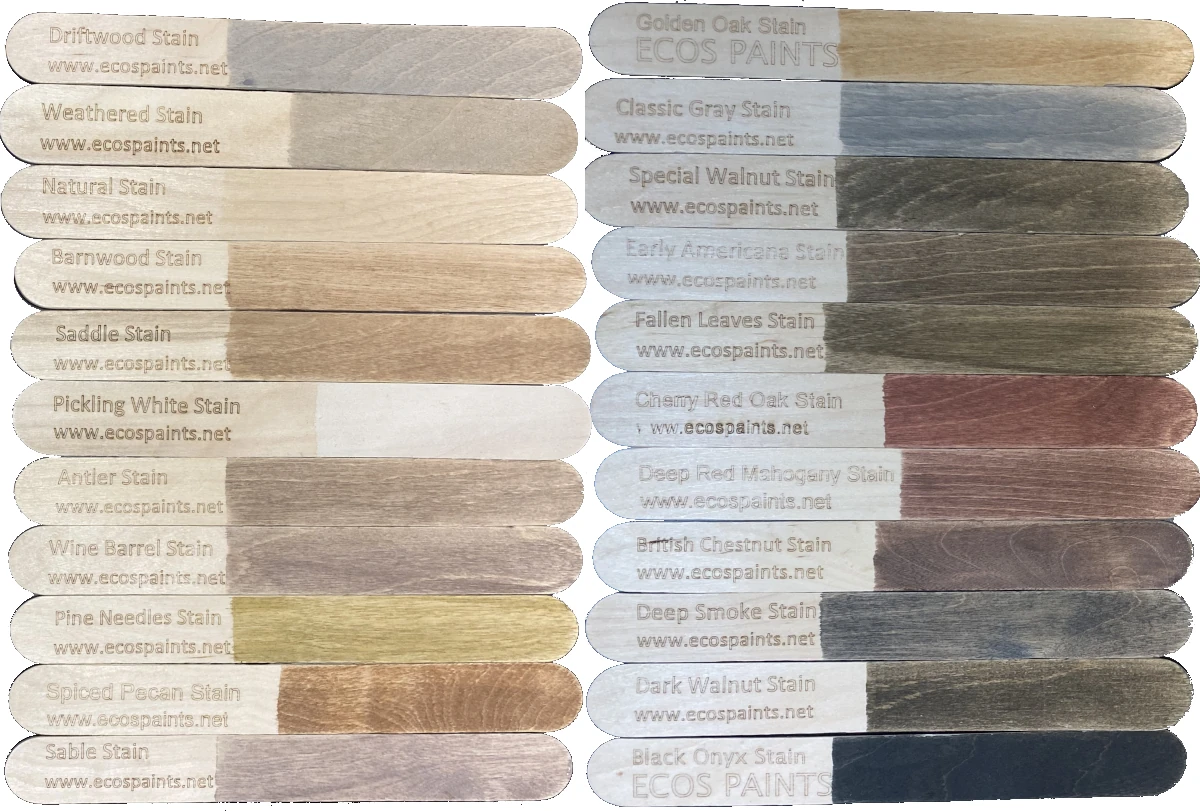Hazards at Home: The Most Common Sources of VOCs
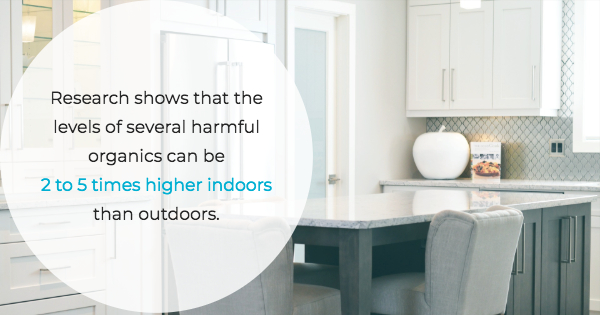
We like to think of our homes as being perfectly safe from the outside world. But unfortunately, studies have found that this isn't necessarily the case. In fact, research has revealed that the levels of several harmful organics can be two to five times higher indoors than outdoors. And when they're inhaled, they can put your family's health and safety at risk.
Making matters worse is the fact that you'll likely never even realize you're surrounded by these chemicals. In many cases, you might use them on a regular basis in an effort to improve the cleanliness or visual appeal of your home. If you don't do the proper research, you could unknowingly expose yourself and your loved ones to dangerous ingredients. In today's post, we'll answer a few main questions: "What exactly are VOCs? Why should I avoid VOCs? And where are these dangers lurking in my home?"
What Are VOCs?
Volatile organic compounds, known as VOCs, are substances that contain carbon that can turn into gases or vapors. They can be found in a wide variety of products. VOCs can often allow a solution to apply more quickly or dry more evenly. But that convenience comes with a price, as you'll soon learn.Why Should I Avoid VOCs?
Don't let the presence of the word "organic" fool you; these volatile organic compounds are definitely not good for your health. The presence of VOCs will be incredibly detrimental to the indoor air quality of your home or your office. VOCs can lead to both short-term and long-term health conditions, including respiratory issues (like asthma and allergies), headaches, dizziness, and even cancer, liver and kidney damage, and central nervous system damage.Are There Sources of VOCs in My Home?
Once you've learned the answer to your "why should I avoid VOCs" question, you'll need to take a detailed assessment of common household products that typically contain VOCs. Whether these are items you use on a regular basis or materials that were used in the construction and decoration of your home, you'll want to make an effort to remove these items and replace them with safe alternatives.- Furniture polish
- Wall paper
- Wall and floor paint
- Paint thinner
- Plywood
- Floor finishes
- Carpeting
- Candles
- Mothballs
- Dry-cleaned clothing
- Laundry detergent
- Fabric softener
- Glass cleaner
- Dishwasher fluid
- Aerosol air fresheners
- Pesticides
- Household cleaning solutions
- Hairspray
- Nail polish and nail polish remover
- Cigarettes
- Cardboard and paper products
- Copiers and printers
- Glues and adhesives
- Automotive products
Now that you've learned the answer to "why should I avoid VOCs?," you'll be in a better position to choose the right products and educate others on the harms these chemicals can pose. For more information on our non-toxic products, please contact us today.









